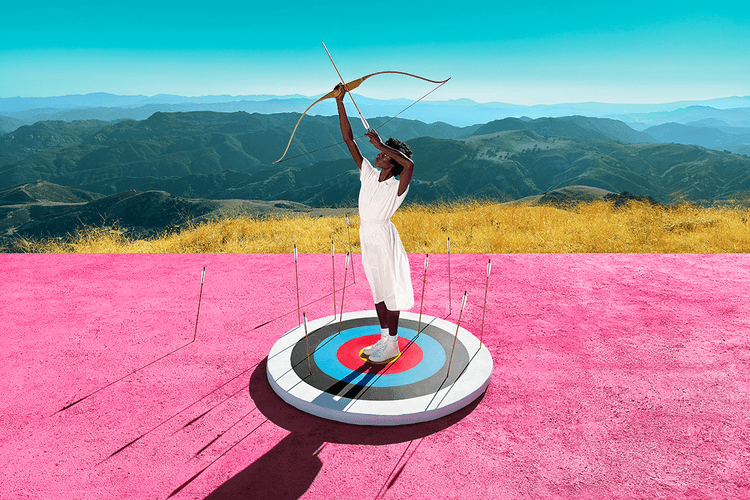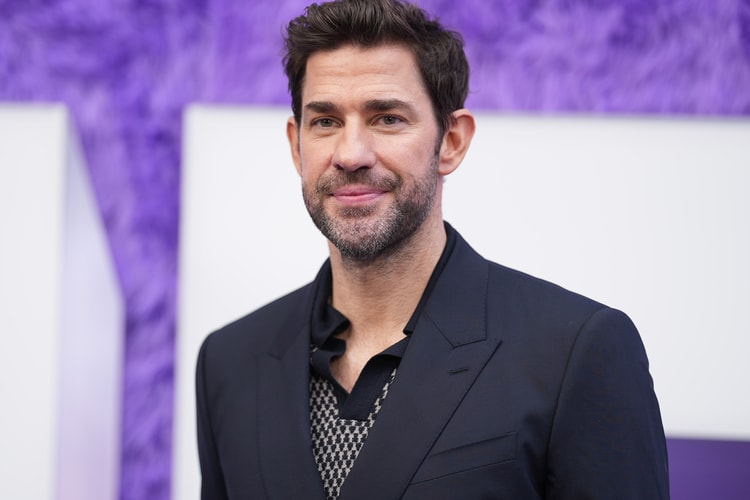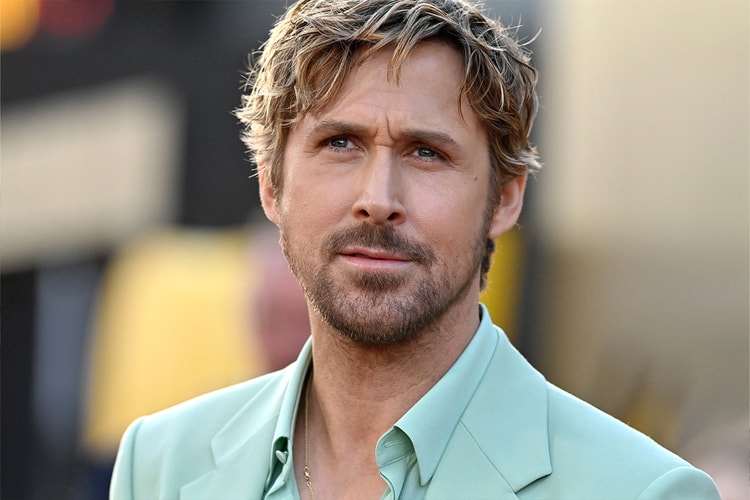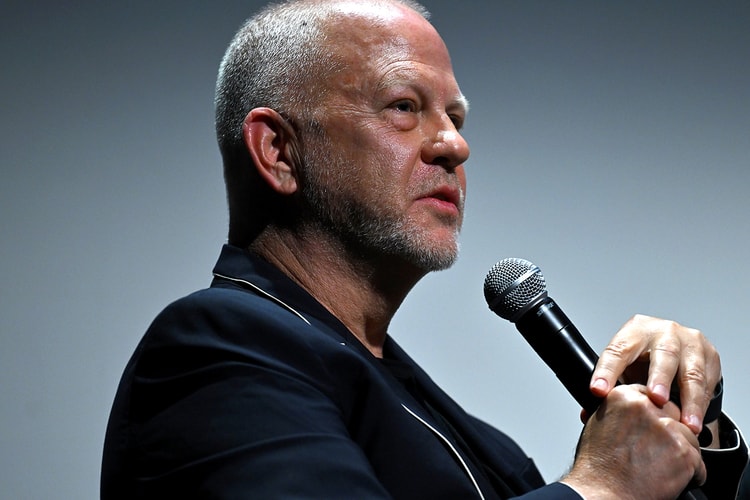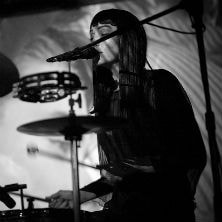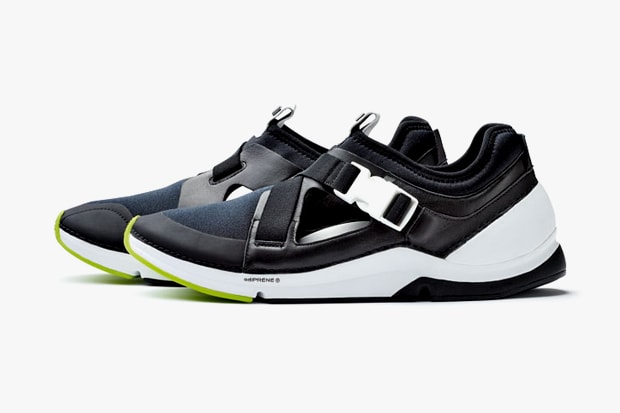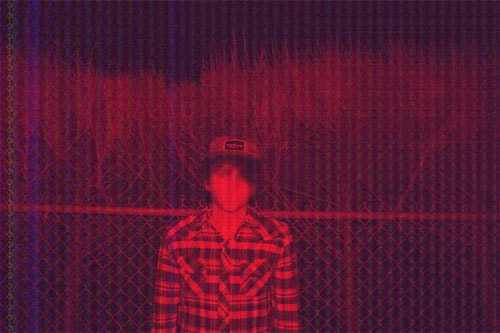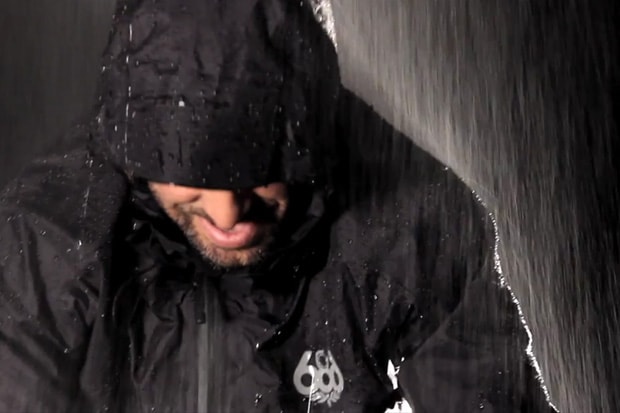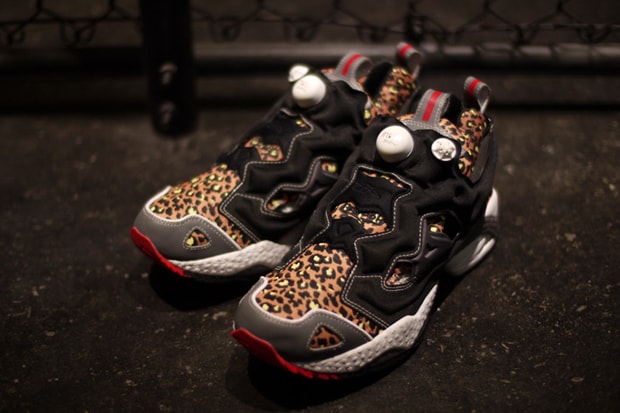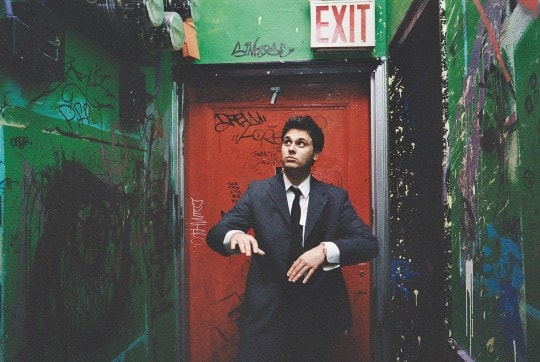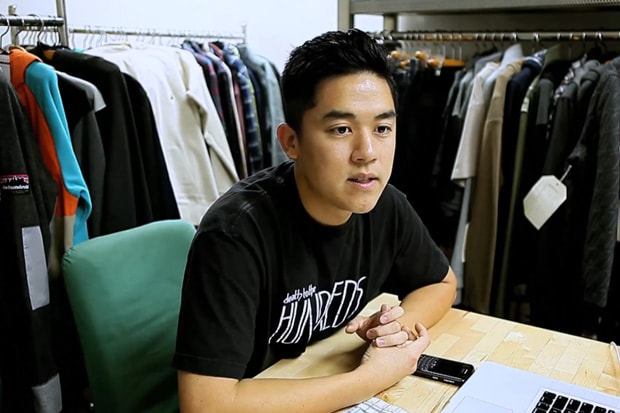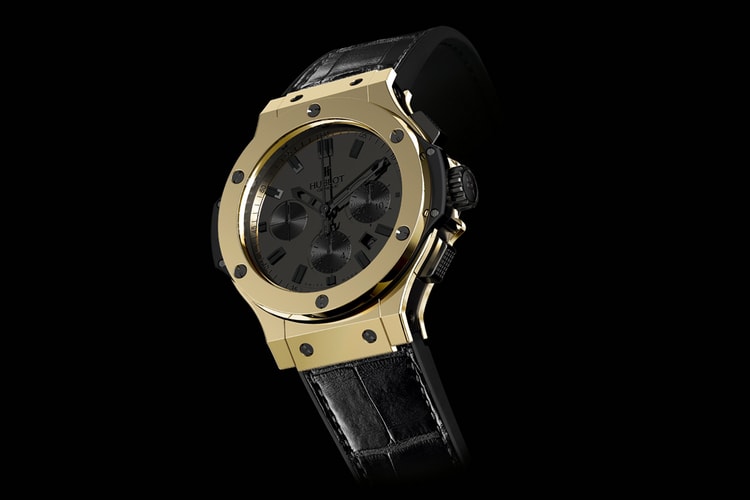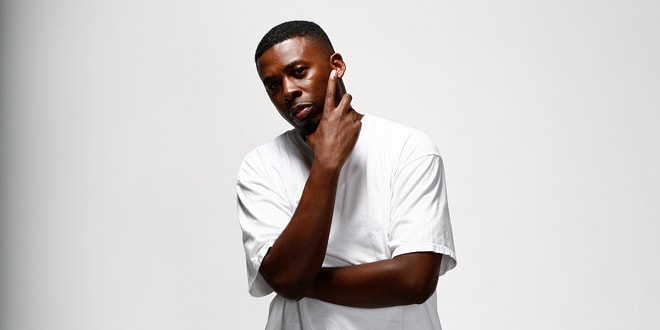The Talks: Ryan McGinley
Youth, liberation and the joy of losing yourself in the moment are elements that feature throughout
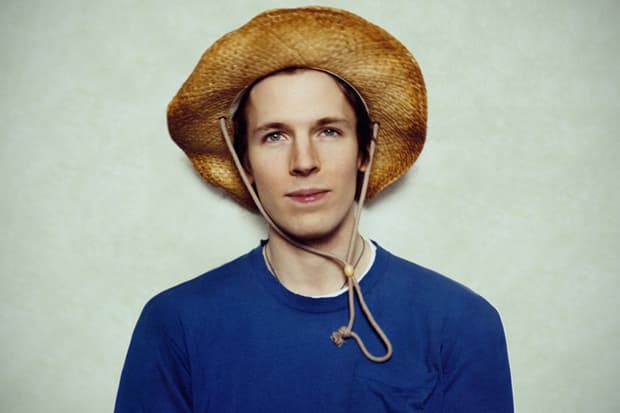
Youth, liberation and the joy of losing yourself in the moment are elements that feature throughout Ryan McGinley’s work; from his early roots in documenting the urban adventures of his downtown Manhattan friends to his subsequent cross-country travels in utopian environments throughout America, to his most recent studio portraits. Recently the photographer sat down with The Talks, a weekly online magazine, to discuss the obsession that goes into the world of photography. Choice excerpts are available below, while the entire interview can be read in full here.
Mr. McGinley, Robert Frank once said, “There is one thing that a photograph must contain, the humanity of the moment”. Do you have the same approach?
It has to feel real and feeling real sort of means feeling human, but my world is all fantasy and Robert Frank’s world is all reality. However, within my world of fantasy I am searching for moments that seem like reality. Does that make sense? Often it’s really just about the insanity of what’s going on when I am shooting and then finding that one moment that seems kind of human is a big part of the art.
Do you remember the first objects you became obsessed with taking pictures of?
When I started to shoot I took pictures of literally everything: outside airplane windows, the food that I was eating, homeless people sleeping in the park, people playing basketball, my friends – literally whatever was in my life. It was like an obsession! Then over a few years I figured out that I really liked action, nature, and nudity. Those three things are a major part of what I do. I am always searching for something that I never would expect to happen.
Speaking of your friends, Dash Snow played an especially big role in your early work. How did you two meet?
I met Dash through this graffiti-writer named Earsnot who I have known since I was fifteen years old. I grew up skateboarding with him. When I moved to New York I started dating guys and then someone said, “You know that guy, Earsnot? He’s gay, too.” We became really close friends because within a skateboarding community there were not many gay people – and especially not in graffiti. When I met Dash with him, we had this instant bond; we were like best friends from the first minute on.
You photographed Dash a lot over the years and you were often the subject of his photographs as well.
Dash was really into taking Polaroids. He was a great photographer and I guess we just clicked on that. He would carry around ten packs of Polaroids with him every day and shoot them non-stop. Mostly because his mind worked so fast that he couldn’t wait for a picture to develop normally. When we became friends it was my first three years of making photographs: it was hanging out with these guys, running around on roof tops and in subway tunnels, hanging out in bars and especially their bathrooms, doing drugs and having sex. But I guess that is what every young artist does when he moves to downtown New York.
People let you take these intimate pictures of all that madness without any worries?
Everyone was actually really into it. I think it’s also because we were so fucked up on drugs every single day that the photographs were like the evidence of what happened. I feel like there was a good three years in my life where I don’t think that I had any touches with reality or anything like that. But the photographs were great because it was this evidence of what happened. So I would develop my rolls and then get them back and be like, “Oh my god!” I was just constantly running around doing illegal activities all day long.
Why did you stop documenting things and moving to staging photo shoots?
I got so much attention from that show at the Whitney that everyone sort of knew who I was and up until that point nobody really knew me. So then when I was making photographs out and about, it didn’t seem real anymore. I felt like people were too aware and I wasn’t this anonymous person with a camera anymore. It didn’t feel right. I also sort of had shot everything that I wanted to shoot. I was getting bored of documenting things. I just felt like it was time to start making things happen.



